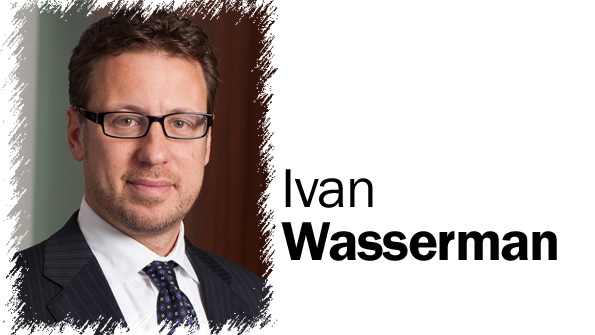The POM Wonderful circuit court decision, in one tweet
Does an appeals court's ruling in the POM v. FTC case change anything?

To impress my kids and hipper friends, here is a summary of the U.S. Court Of Appeals for the District of Columbia's January 30, long-awaited decision in the case of POM Wonderful v. FTC, in less than 144 characters:
#Pom'sclaimsweredeceptive;#diseaseclaimsneedRCTsupportbut#FTCcan'trequiretwoRCTs inconsent ordersinceonemaybeenough.
Now, a brief translation and background. As you may know, this case involves advertising claims for POM Wonderful's pomegranate juice and supplement products. The Federal Trade Commission previously held that, despite attempts by the company to qualify its claims that the products could treat and prevent certain diseases, they were not backed by adequate scientific support and were therefore deceptive. The FTC also sought to require, as it has done in other recent cases, POM to have at least two randomized, placebo controlled clinical trials (RCTs) to make disease-related claims in the future. POM disagreed, and the case went to court.
The court agreed with the FTC that POM's claims were not backed by adequate science and were therefore deceptive. It found that it is appropriate that such claims be supported by at least one RCT, at a minimum, to ensure that the claimed benefit is not due to a placebo effect (although it left the door open to the possibility of adequately qualified claims).
On the other hand, the court found that the FTC's requirement in this case that going forward, POM must have at least two RCTs, violated the First Amendment because, in part, one may be enough to support certain claims.
What does this all mean? Has anything changed? While going forward the FTC may be less likely to require two RCTs in consent orders, FTC's standards for supporting claims have not changed and, in fact, have been upheld by the court. So, for dietary supplements and functional foods you must continue to be very careful how you craft claims to ensure that they are supported by the totality of the existing science. Also, either side may try to appeal the decision, so we still may not have the last word.
About the Author(s)
You May Also Like




